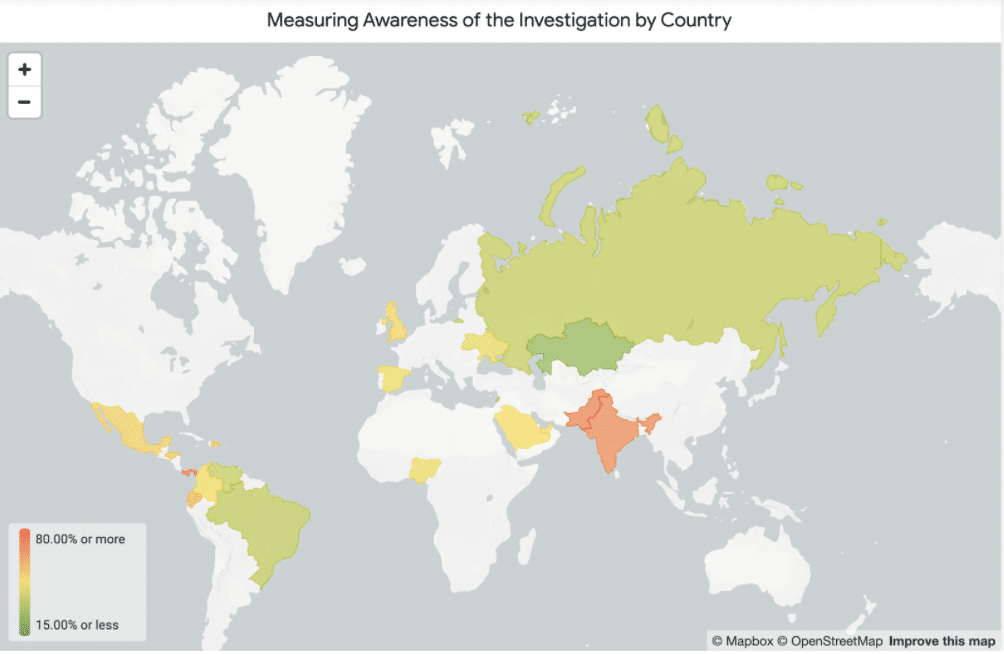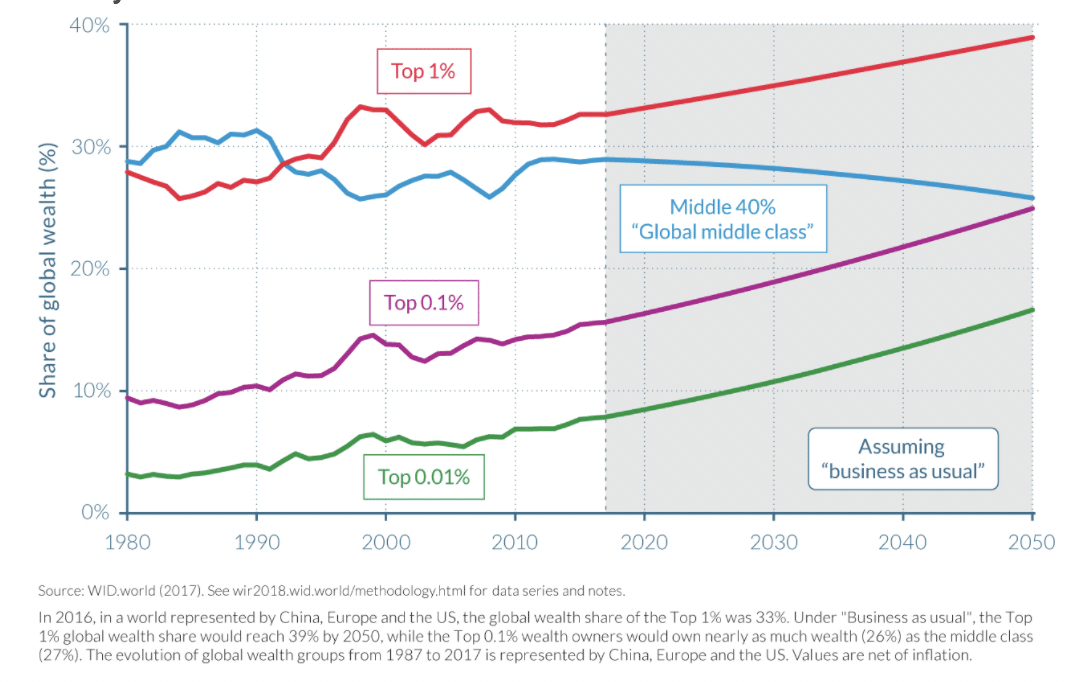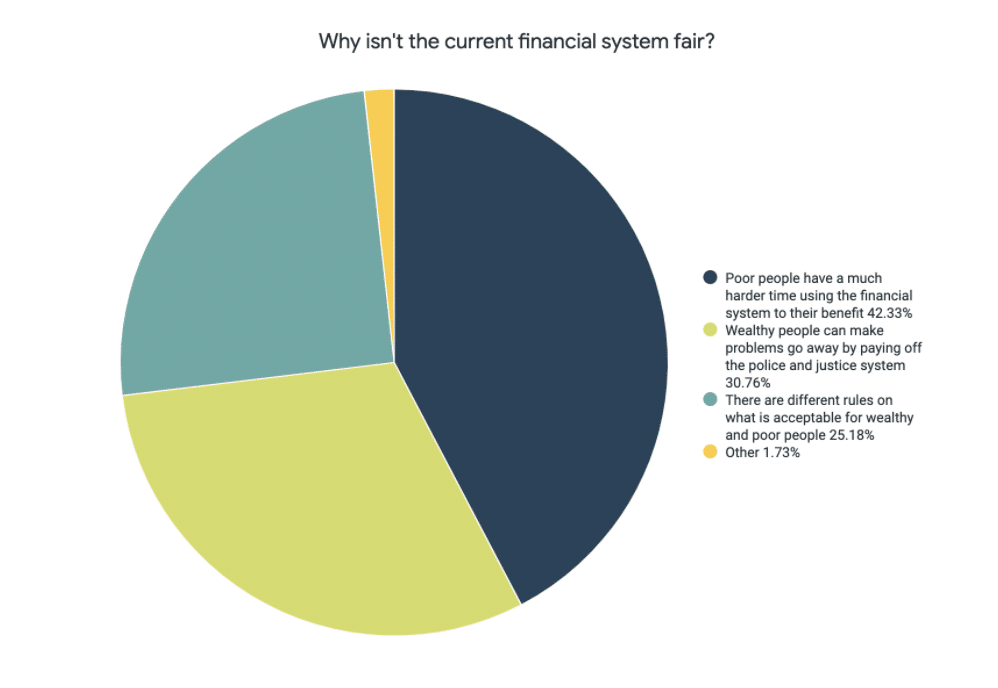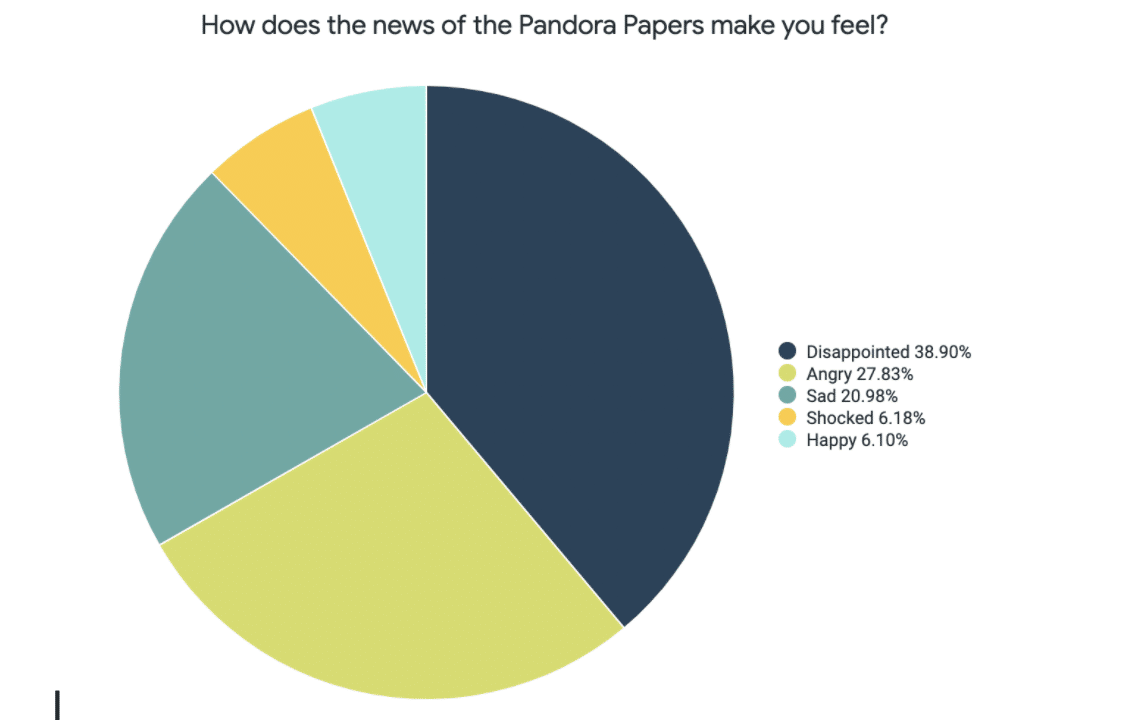When the Pandora Papers were published in early October, headlines around the globe were awash with stories about the more than 300 world leaders, politicians, and public officials implicated in the latest financial investigation from the International Consortium of Investigative Journalists (ICIJ).
The investigation, which involved journalists from more than 150 media outlets, uncovered examples of how the wealthiest in the world use financial secrecy to hide assets ranging from yachts and jets, to famous artwork and mansions.
While the revelations themselves were headline news, at Premise we were keen to know how citizens in these countries were digesting the latest in a long list of financial secrecy investigations. To better understand this, we launched a sentiment survey in 21 countries, all of which had at least 5 Politically Exposed Persons (PEPs) implicated in the leaks. We collected roughly 8,000 responses over the course of a week, which highlighted not only the vastly different levels of awareness, but also the perception of the leaks more broadly.
Though many who follow the news closely may have felt that Pandora Papers dominated coverage when they were published, our survey found that a slight minority (49%) of all respondents were actually aware of the investigation. However, this percentage varied greatly depending on the country surveyed.
Kazakhstan was the least ‘aware’ with just 27% of respondents saying they had heard of the investigation. It was followed by Russia and Brazil – both at roughly 37% awareness. On the other end of the spectrum, countries like Pakistan and India, both of whom have had many politicians implicated in previous investigations from the ICIJ, had high levels of awareness, with 70% and 67% awareness, respectively.

Globally, the investigation seems to have further solidified growing viewpoints on inequality and the international financial system. Of all respondents, 76% said that they did not believe the current financial system was fair.

When asked to choose the top reason why they think the financial system isn’t fair, 42% of those surveyed said that it’s much harder for poor individuals to use the financial system to their benefit, this mirrors other research which has found similar sentiment on who benefits from the current rules.
A further 30% felt that wealthy individuals are able to circumvent legal trouble through bribery and 25% believe there are different rules on what is ‘acceptable’ for wealthy and poor individuals.

Perhaps the most actionable insights came from questions around what types of policy changes respondents would like to see as a result of the investigation. Unsurprisingly, 74% of all respondents said that they are more likely to support a politician who wants to end corruption, and 80% of all respondents said that ending corruption is either ‘very important’ or ‘somewhat important’ to them.
When asked what laws or regulations they would like to see enacted, 49% said that politicians should have to disclose all assets to the public. A further 21% think penalties should be higher for those who hide money illegally abroad, and 20% would like to see more disclosure of assets for anyone above a certain level of income.
As lawmakers begin to discuss policy responses to this latest wave of financial secrecy investigations, it’s important to remember that the revelations have an impact on the viewpoint of citizens in their countries. Globally, 67% of all respondents were disappointed or angry by the news. A further 21% were saddened by it.

Just 6% of all respondents said they were shocked by the revelations, perhaps pointing to the uphill battle that lies ahead for politicians wishing to convince their constituents that the behavior uncovered in the Pandora Papers is an outlier and not just the status quo.
About Premise
“Premise is a crowdsourced insights company. Our technology connects communities of global smartphone users to source actionable in real-time, cost-effectively, and with the visibility you need. In more than 125 countries and 37 languages, we find Data for Every Decision™. To know more, visit www.premise.com”